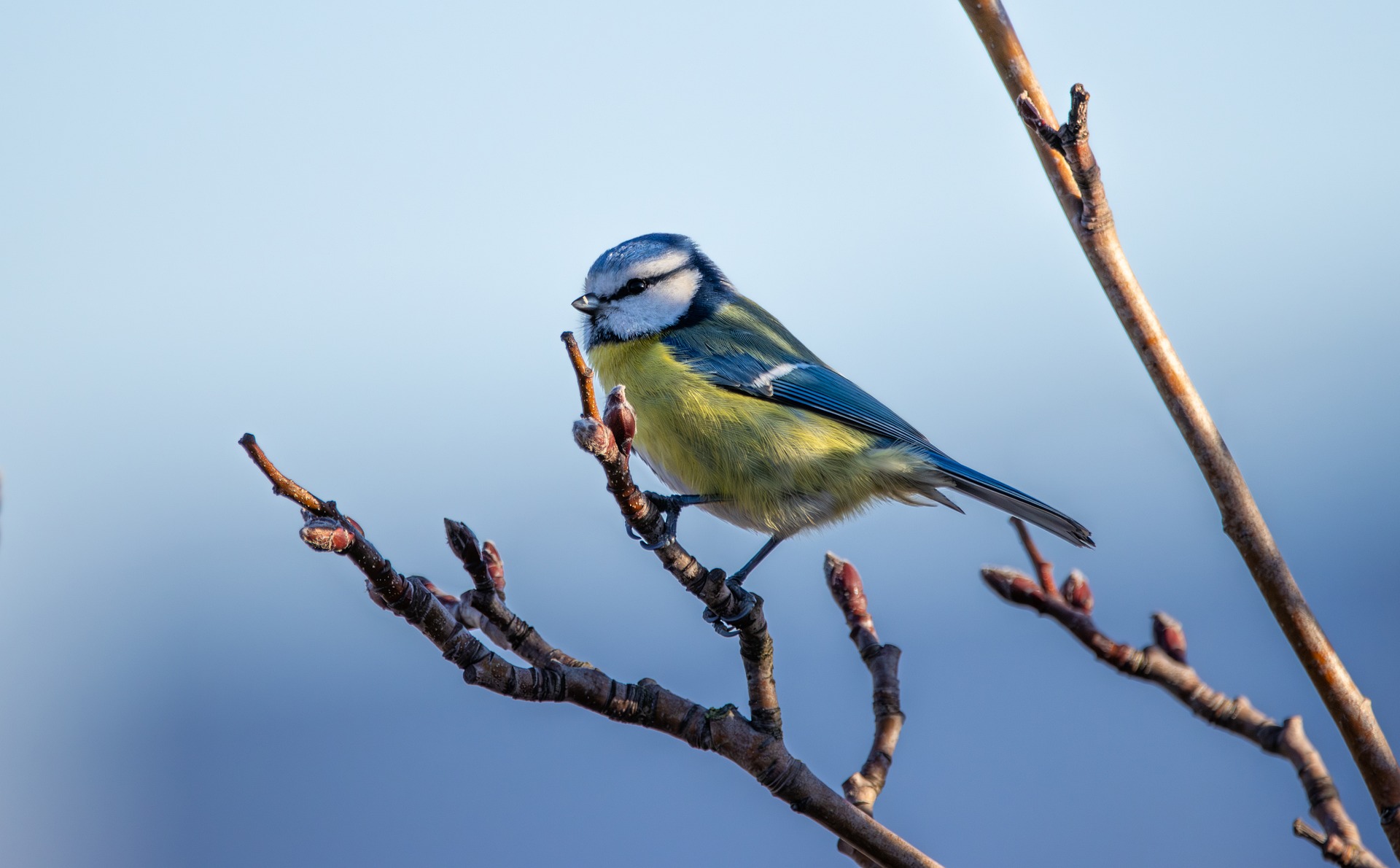The Rise of Citizen Science: How Pet Owners are Contributing to Wildlife Conservation
It's an exciting time to be a pet owner, as the lines between domestic animals and wildlife conservation blur. The rise of citizen science projects is encouraging pet owners to contribute to important research, helping to preserve our world's wildlife.

Pet Owners as Citizen Scientists
Citizen science refers to the involvement of the general public in scientific research, usually through data collection and monitoring. Pet owners are in a unique position to contribute to these projects due to their regular interaction with animals. For example, birdwatchers can provide valuable data on bird species and their behaviors. Pet owners can contribute to studies on animal behavior, diet, and health, which can inform conservation efforts.
Contributing to Bird Conservation
Birdwatching is a popular hobby among pet owners. Backyard bird counts, such as the Great Backyard Bird Count, invite people worldwide to count birds in their local area for a few days each year. The data is used to track bird populations and migration patterns, aiding conservation efforts.
Involvement in Insect Research
Insects play a vital role in our ecosystems but are often overlooked. Pet owners can contribute to insect conservation by participating in projects like the Monarch Larva Monitoring Project or the Firefly Watch. These programs rely on citizen scientists to monitor insect populations, providing crucial data for conservation.
Participating in Wildlife Surveys
Many wildlife surveys, like the FrogWatch USA, encourage citizen scientists to monitor local wildlife populations. Pet owners with a passion for wildlife can contribute to these surveys, helping track population trends and detect potential issues early.
How to Get Involved
Many citizen science projects have straightforward protocols, making it easy for pet owners to get involved. Check out the Citizen Science Association’s website or the database on SciStarter to find a project that resonates with you.
- Useful Tips and Facts
- Pet owners can contribute to citizen science projects in their spare time.
- Citizen science can be a great way to engage children in science and nature.
- Participation in citizen science can deepen your understanding of your local ecosystem.
- Many projects provide resources and training for new participants.
In conclusion, the rise of citizen science offers an exciting opportunity for pet owners to contribute to wildlife conservation. By participating in these projects, pet owners can play a crucial role in preserving our planet’s biodiversity. Whether you’re a birdwatcher, insect enthusiast, or wildlife lover, there’s a citizen science project for you.




